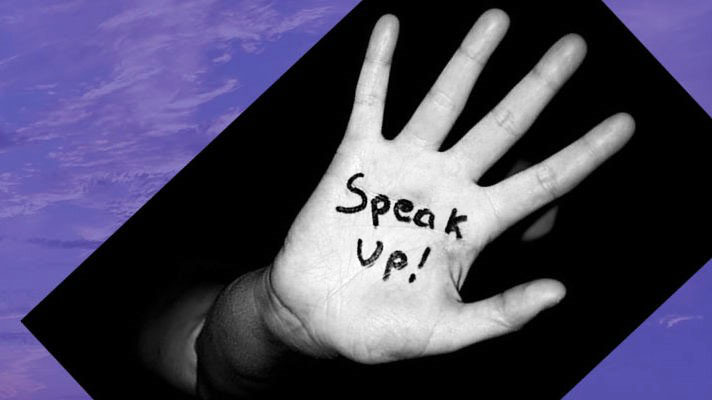 It is easy to imagine ourselves in situations and give idealistic solutions freely without actually experiencing something. Acting as human behaviour overlords without being in the situation comes easy to many of us. It requires no strength, courage or support, just words and assumptions. Many times over, these words do much more harm than good.
It is easy to imagine ourselves in situations and give idealistic solutions freely without actually experiencing something. Acting as human behaviour overlords without being in the situation comes easy to many of us. It requires no strength, courage or support, just words and assumptions. Many times over, these words do much more harm than good.
I write from experience when I say domestic violence is a complex social issue. I observed it throughout my childhood and for part of my early teenaged life. During those times I would wonder why my mom just wouldn’t leave.
The advice to women to just leave their abusers is thrown around so easily and often, it sometimes feels as if those saying it imagine there is some sort of emergency button women can press and just be teleported out of the chaos. It is communicated in a way which insinuates that just leaving is too simple to not do it and those sticking around are really just ‘asking for it’.
However, very often, domestic violence cases have shown us that leaving is the most dangerous thing a woman can do, especially without mechanisms in place to ensure she is free from her abuser socially, psychologically and financially.
Abuse is dangerous, but abuse over an extended period of time is like slow poison. That poison becomes so embedded in the relationship that it is normalized, and women start to negotiate with it every time an outburst takes place. It gets compared to something else that has happened or even someone else’s situation. Even women who have been somewhat fortunate to have some amount of “class protection” find it difficult to escape.
The psychological damage abuse causes makes it difficult to breakaway as it chips away at the self-esteem piece by piece. Leave, they say. Make a report, they say, as if going about doing these things in Guyana is a walk in the park.
As a teenage girl following my mom into the Brickdam Police Station, we were told by police officers, that it was “man and woman story” even though marks of violence and blood were visible.
Do we ever think about what this does to a victim, how hopeless and overpowered it makes them feel? What does that do to the psyche? Any mental health professional would tell you it helps to develop distrust. What about the teenage Ashma who witnessed all this? How did this shape my values and how I understand power dynamics and abuse?
I was lucky enough that it made me hypersensitive to red flags, but it also played a part in me developing OCD to the point I would need medication. The aftershock of abuse needs to be treated too. It just doesn’t all change after you leave.
Before we shout just leave, though it may be coming from a place of genuine care, it is better to ask what resources do you feel you need to get you through this. Before we insert ourselves with opinions on what we would do, let us remind ourselves that our circumstances and life experiences are all different. What may seem doable for one person, could present as an unbearable challenge for another. It takes a lot of courage for anyone to admit that they want to break free and acknowledge what is happening to them is wrong. We should learn to highlight this as an achievement and first step.
Leaving is not that simple and it is particularly not easy in Guyana where social services are insufficient to wholesomely assist women leaving and enable them to be financially, psychologically and socially free.






